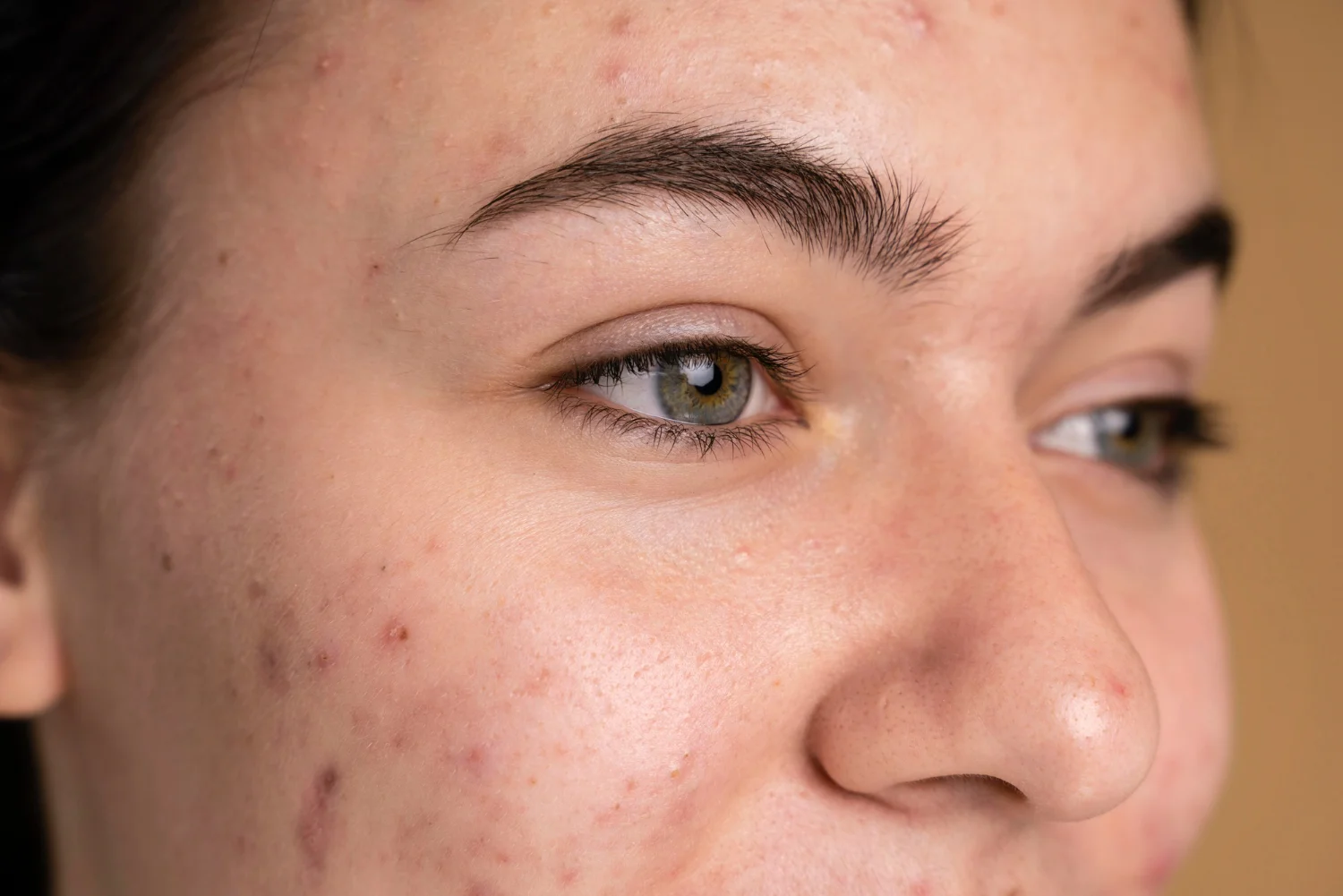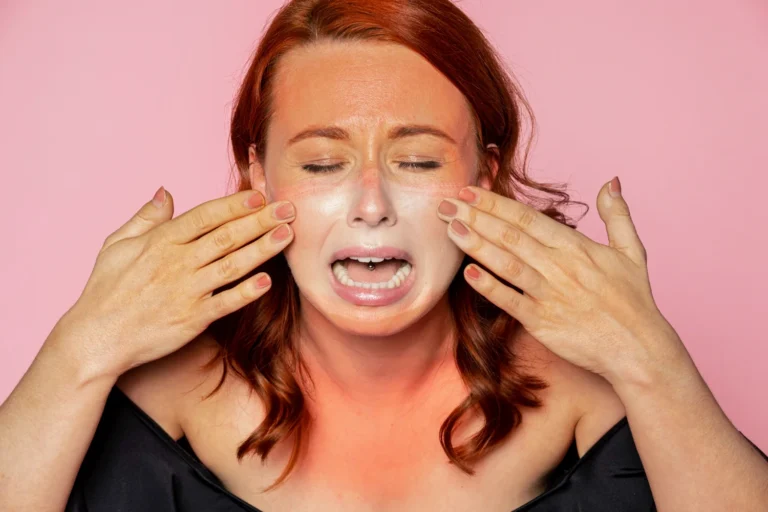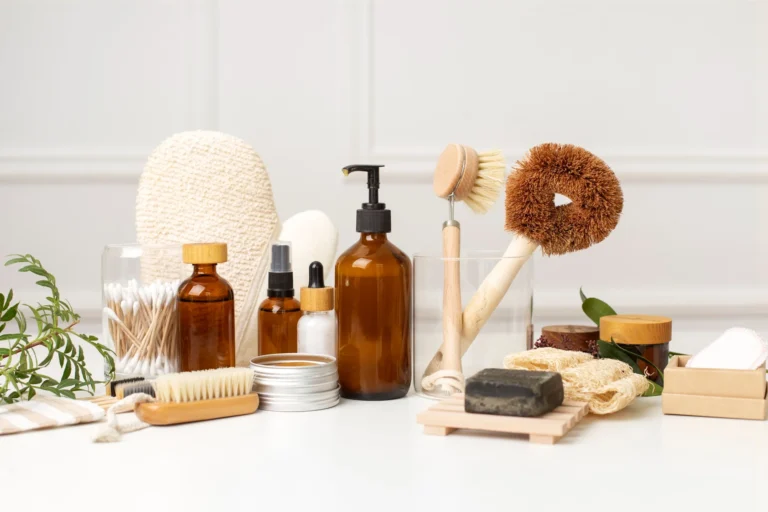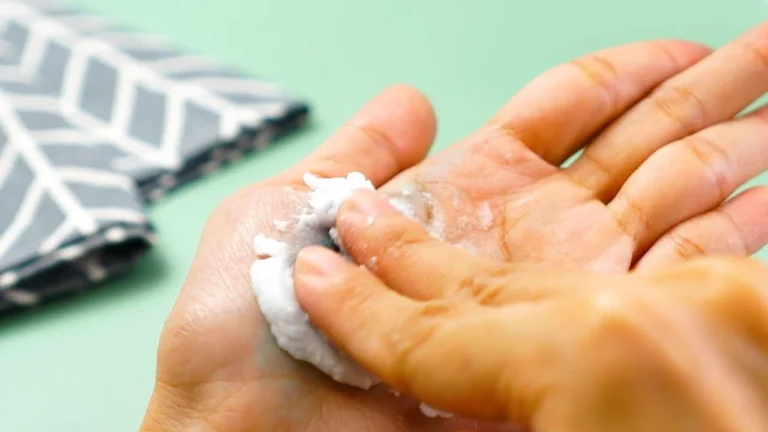Curious About Clogged Pores? Get Prevention & Treatment Tips!
Have you ever wondered why your skin sometimes feels bumpy or looks dull? The answer might lie in those tiny openings on your face and body called pores. These minuscule gateways play a crucial role in maintaining healthy skin, but when they get clogged, trouble can brew beneath the surface. In this friendly guide, we’ll delve into the world of clogged pores, demystify the science behind them, and explore practical ways to keep your skin clear and radiant.
Understanding Pores
Before we dive into the nitty-gritty of clogged pores, let’s take a moment to understand what pores actually are. Pores are tiny openings on the surface of your skin that serve as the gateway for sweat, oil, and other substances to reach the skin’s surface. They play a crucial role in maintaining skin health by regulating temperature and keeping your skin hydrated. Pores are more prominent on areas of the skin that are oilier, such as the forehead, nose, and chin, collectively known as the T-zone.
What Are Clogged Pores?
Now that we have a basic understanding of pores, let’s talk about clogged pores. Clogged pores occur when these tiny openings become blocked with a combination of dead skin cells, excess oil (sebum), and environmental debris such as dirt and pollution. When pores are clogged, they can appear larger and more noticeable, leading to a variety of skin issues, including blackheads, whiteheads, and acne.
Who Gets Clogged Pores?
Clogged pores can happen to anyone! They’re not picky about age or skin type. Whether you have oily, dry, or combination skin, you might find yourself dealing with clogged pores at some point. Factors like excess oil production, dead skin cell buildup, hormonal changes, and even certain skincare products can contribute to clogged pores. So, if you’re noticing those pesky blackheads or pimples popping up, you’re not alone! But don’t worry; there are plenty of ways to tackle clogged pores and keep your skin looking its best.
The Difference Between Clogged and Enlarged Pores
- Clogged Pores: Picture a tiny cork blocking the flow. Dead skin cells, oil, and dirt team up to create these bumpy culprits. They’re common on faces but can pop up anywhere—neck, back, even the scalp!
- Enlarged pores: Think of them as pores that hit the gym too much. Age, skin products, and sun damage can make pores look bigger. But not all big pores are clogged—some are just flexing their size.
What Do Clogged Pores Look Like?
Clogged pores can take on different appearances depending on their severity. They might show up as blackheads, which are tiny dark spots on the skin’s surface, or whiteheads, which are small, flesh-colored bumps. Sometimes, clogged pores can lead to pimples—those inflamed, pus-filled bumps that can be red and painful. In more severe cases, pores may appear enlarged or blocked, giving the skin a rough, uneven texture. So if you’re noticing any of these signs, it could be a clue that your pores might be clogged and in need of some TLC!
Causes of Clogged Pores
There are several factors that can contribute to the formation of clogged pores. One of the primary culprits is excessive oil production. When your skin produces too much oil, it can mix with dead skin cells and other debris, creating a plug that clogs the pore. Hormonal changes, particularly during puberty, menstruation, or pregnancy, can lead to increased oil production and, subsequently, clogged pores.
Another common cause of clogged pores is inadequate skincare. Failing to cleanse your skin properly can allow dirt, oil, and makeup residue to accumulate on the surface, leading to pore blockage. Additionally, using skincare products that are too heavy or comedogenic (pore-clogging) can exacerbate the issue.
Environmental factors also play a role in clogged pores. Pollution, cigarette smoke, and other airborne particles can settle on the skin’s surface and infiltrate the pores, contributing to congestion. Furthermore, wearing tight clothing or hats that trap sweat and oil against the skin can promote pore blockage.
How Do Clogged Pores Affect Your Skin’s Health?
Clogged pores are more than just a cosmetic nuisance; they can have a significant impact on the overall health of your skin. When pores become blocked, they create the perfect breeding ground for acne-causing bacteria, leading to inflammation and breakouts. Moreover, clogged pores can interfere with the skin’s natural exfoliation process, resulting in dull, uneven skin tone and texture.
In addition to acne, clogged pores can also contribute to other skin issues, such as blackheads and whiteheads. Blackheads, also known as open comedones, occur when the clogged pore remains open and the trapped debris oxidizes, giving it a dark appearance. Whiteheads, on the other hand, are closed comedones that occur when the pore is completely blocked by debris, appearing as small, flesh-colored bumps on the skin.
Furthermore, untreated clogged pores can progress into more severe forms of acne, such as cysts and nodules, which are deeper, more painful lesions that can leave behind scars and discoloration.
Preventing Clogged Pores
Now that we understand the causes and consequences of clogged pores, let’s explore some effective strategies for prevention.
1. Cleanse Regularly
The first and most crucial step in preventing clogged pores is to cleanse your skin regularly. Opt for a gentle, non-comedogenic cleanser that effectively removes dirt, oil, and impurities without stripping the skin of its natural moisture. Aim to cleanse your face twice daily—once in the morning and once in the evening—to keep your pores clean and clear.
2. Exfoliate Weekly
In addition to regular cleansing, exfoliation is essential for sloughing off dead skin cells and preventing pore blockage. Choose a mild exfoliant containing ingredients such as salicylic acid or glycolic acid, which work to dissolve the bonds between dead skin cells and promote cellular turnover. However, be mindful not to over-exfoliate, as this can irritate the skin and exacerbate the issue.
3. Moisturize Appropriately
Contrary to popular belief, moisturizing is crucial even for oily and acne-prone skin types. Look for lightweight, oil-free moisturizers that hydrate the skin without clogging pores. Ingredients such as hyaluronic acid and niacinamide are beneficial for maintaining optimal hydration levels without adding excess oil to the skin.
4. Steam It Up
Occasionally steaming your face can work wonders for your pores! It’s like giving them a little spa day right at home. Steam helps to open up the pores, making it easier to remove dirt, oil, and other impurities. This deep cleansing action can leave your skin feeling refreshed and rejuvenated. Just be sure not to overdo it—too much steam can actually dry out your skin or cause irritation. Aim for no more than 5–10 minutes of steaming once or twice a week for the best results.
5. Retinol
Retinol, a derivative of vitamin A, is renowned in skincare for its remarkable ability to address various skin concerns, including clogged pores such as blackheads, whiteheads, pimples, and enlarged pores. By accelerating cell turnover, retinol effectively unclogs pores, diminishes the appearance of fine lines and wrinkles, and evens out skin tone. Its inclusion in your skincare regimen can significantly aid in preventing clogged pores by promoting the shedding of dead skin cells and reducing the buildup of debris. However, it’s crucial to introduce retinol gradually, starting with a lower concentration to minimize the risk of irritation, especially for individuals with sensitive skin.
6. Use Non-Comedogenic Products
When selecting skincare and makeup products, opt for non-comedogenic formulas that are specifically designed not to clog pores. These products are typically labeled as “non-comedogenic” or “oil-free” and are less likely to contribute to pore blockage.
7. Protect Your Skin
Shielding your skin from environmental aggressors such as pollution and UV radiation can help prevent pore congestion. Wear a broad-spectrum sunscreen with an SPF of 30 or higher daily, even on cloudy days, and incorporate antioxidant-rich serums or creams into your skincare routine to neutralize free radicals and protect against environmental damage.
8. Practice Good Hygiene Habits
In addition to skincare, practicing good hygiene habits can also help prevent clogged pores. Avoid touching your face with unwashed hands, as this can transfer bacteria and oil to the skin. Wash your pillowcases and towels regularly to prevent the buildup of dirt and bacteria, and avoid wearing tight-fitting clothing or hats that can trap sweat and oil against the skin.
Treating Clogged Pores
Despite our best efforts, clogged pores may still occur from time to time. In such cases, there are several treatment options available to help unclog pores and restore skin clarity.
1. Topical Treatments
Over-the-counter topical treatments containing ingredients such as benzoyl peroxide, salicylic acid, or retinoids can help to unclog pores and reduce inflammation associated with acne. These products work by dissolving pore blockages, promoting cell turnover, and killing acne-causing bacteria.
2. Professional Treatments
For stubborn or severe cases of clogged pores, professional treatments may be necessary. Dermatologists offer a range of procedures, such as chemical peels, microdermabrasion, and extractions, to effectively remove pore blockages and improve skin texture. In some cases, prescription medications such as oral antibiotics or topical retinoids may be recommended to target the underlying causes of pore congestion.
3. Facial Masks
Weekly or bi-weekly facial masks containing ingredients such as clay, charcoal, or sulfur can help to draw out impurities from the pores and absorb excess oil, leaving the skin feeling clean and refreshed. Look for masks specifically formulated for oily skin or acne-prone skin for the best results.
4. Avoid Picking
While it may be tempting to squeeze or pick at clogged pores, this can actually worsen the problem by pushing bacteria and debris deeper into the skin, leading to inflammation and potential scarring. Instead, practice patience and allow blemishes to heal naturally, or seek professional help for safe and effective extractions.
Conclusion
Clogged pores are a common skin concern that can affect individuals of all ages and skin types. By understanding the causes and consequences of clogged pores and adopting a proactive approach to skincare, you can effectively prevent and treat pore congestion, leading to clearer, healthier skin. Remember to cleanse regularly, exfoliate weekly, moisturize appropriately, use non-comedogenic products, protect your skin from environmental damage, and practice good hygiene habits to keep your pores clean and clear. And if clogged pores persist despite your best efforts, don’t hesitate to seek professional help from a dermatologist who can offer personalized treatment options to address your specific skin concerns. Here’s to saying goodbye to clogged pores and hello to radiant, blemish-free skin!
Frequently Asked Questions about Clogged Pores
Q1: Are clogged pores the same as blackheads?
A1: While blackheads are a type of clogged pore, not all clogged pores manifest as blackheads. Whiteheads are another common form of clogged pores characterized by closed comedones.
Q2: Can clogged pores lead to acne?
A2: Yes, clogged pores are a common precursor to acne breakouts. When pores become blocked with oil, dead skin cells, and bacteria, it can lead to inflammation and the formation of pimples.
Q3: How often should I exfoliate to prevent clogged pores?
A3: It’s best to exfoliate 2-3 times per week, depending on your skin type and sensitivity. Over-exfoliating can strip the skin’s natural barrier and exacerbate pore congestion.
Q4: Can genetics play a role in clogged pores?
A4: Yes, genetics can influence your skin’s predisposition to clogged pores and acne. If your parents struggled with skin congestion, you may be more prone to it as well.
Q5: Are there any dietary factors that contribute to clogged pores?
A5: Some research suggests that high-glycemic foods and dairy products may exacerbate acne and pore congestion in certain individuals. Ensuring your diet includes plenty of fruits, veggies, and whole grains can contribute to healthier, glowing skin in the long run.










